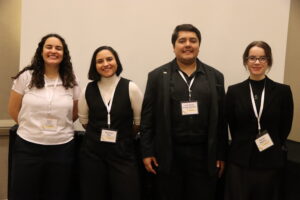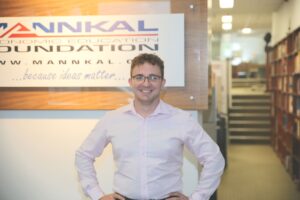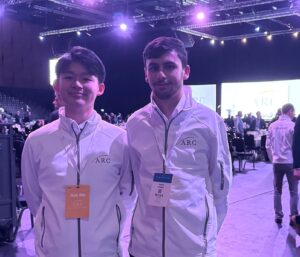Blessed with an unexpected extra 27 hours in Dallas courtesy of an engineering anomaly that deboarded my flight home, I was able to take the time to reflect on my time in America with the American Institute for Economic Research and at the 2025 Public Choice Society Conference.
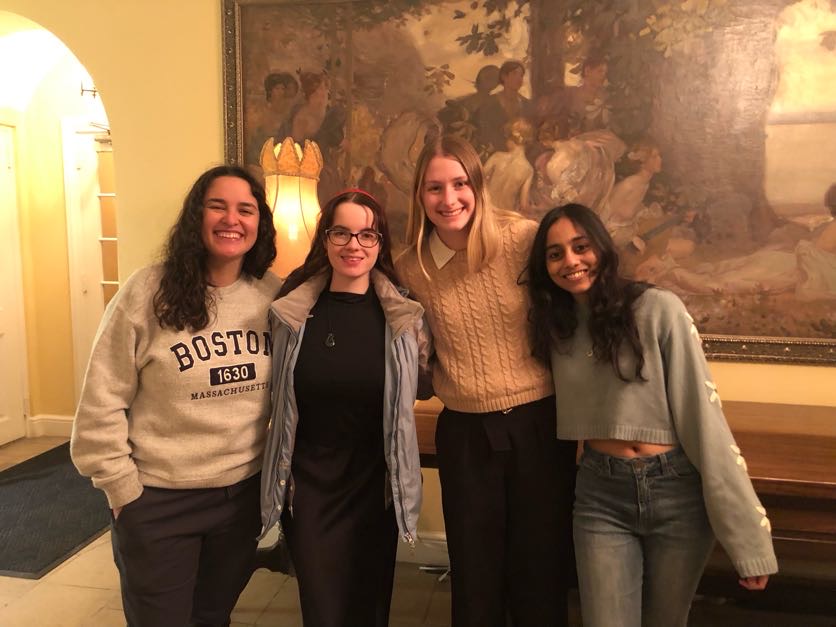
I had wrapped up my final weeks at the AIER with a satisfying mix of academic and social experiences. On the academic side, I enjoyed listening to the presentations of visiting research fellows Junjie Ma and Jared Rhoads on US-China relations, and fraudulent transfers and private equity in healthcare respectively, alongside a few busy nights spent finalising my regressions and research paper. I also valued the opportunity to spend my free time with my fellow interns – we spent a day exploring Boston’s historic sites, including the USS Constitution and the Boston Tea Party Museum, and embracing the winter weather in Great Barrington with an afternoon of sledding and a (mayhaps ambitious) attempt at building an igloo, all while rewatching the Harry Potter movies in the evenings. I left the Stonehouse at the AIER with a sense of sadness that I would be leaving my friends, but excited for the experiences awaiting me in Louisville at the Public Choice Society Conference.
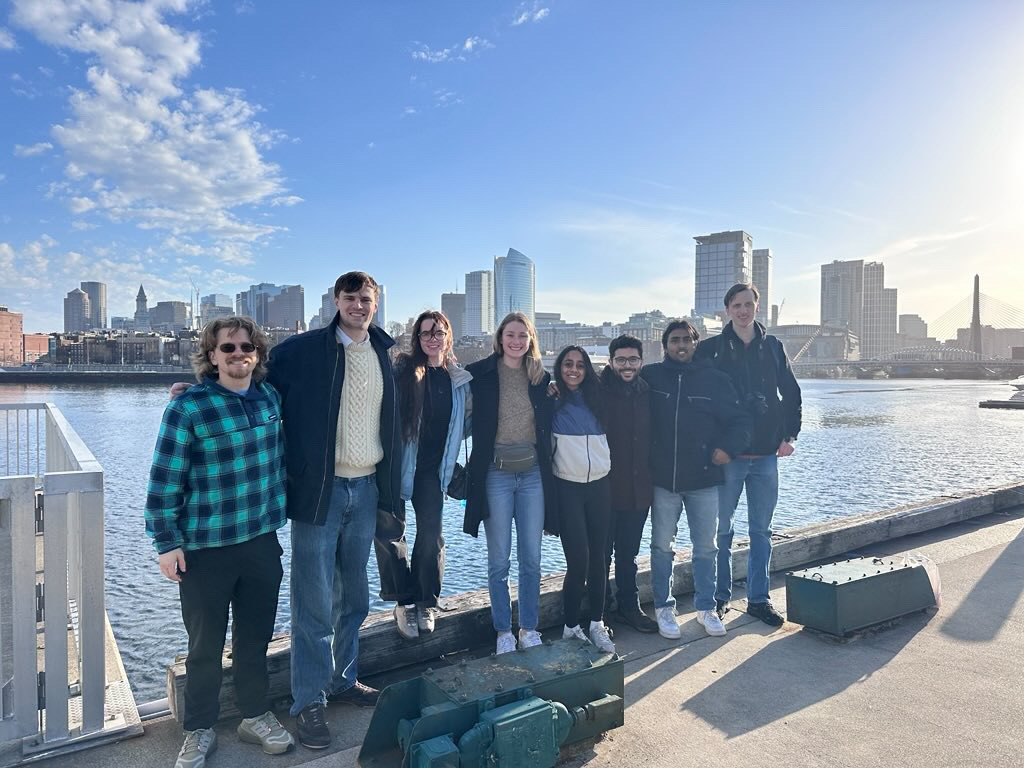
One of the highlights of my time in Louisville, Kentucky, was the Harwood Graduate Colloquium, held in the two days preceding the conference. The colloquium featured an engaging introduction to ‘politics without romance’ from Dr. Ryan Yonk (who also served as my research project supervisor at AIER!), a deep dive into social choice theory with Dr. Roberta Herzberg, and an analysis of the foundations of political exchange and the Calculus of Consent with Dr. Ray March.
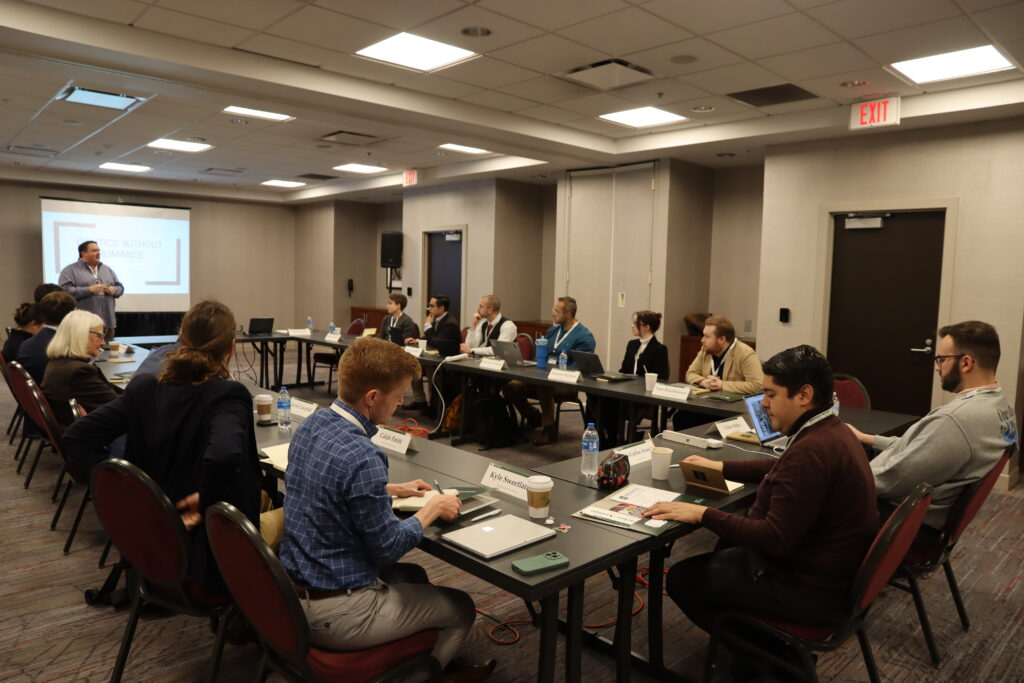
I particularly enjoyed Ray’s discussion on the Calculus of Consent and the rationale behind constitutional politics, especially its focus on meta-rules and the critical question of why and when we choose collective action over private action. His analysis of the dispersion of benefits and costs further enriched my understanding of political exchange.
Bobbi Herzberg’s discussion on social choice theory and the Bloomington School was similarly compelling. Learning about the Ostroms’ approach was fascinating – their work married mathematical rigor with institutionally rich empirical data to address critical social issues. They treat people as capable decision-makers and view rules and institutions as adaptable by the people themselves. I left the session with a stronger grasp of the Ostroms’ polycentric, self-governing framework, which builds responsibility for governance through nested, overlapping centers of power, forming an interconnected system of independent yet cooperative nodes. That being said, I also gained an appreciation for the challenges of polycentric governance – it is difficult, requiring intentional and conscientious effort to be put in to effectively govern in the different polycentres. Nonetheless, the Ostrom approach offers a hopeful and pragmatic vision of governance, reinforcing the idea that institutions can evolve to meet collective needs – a pleasant note on which to wrap up the colloquium!
The 2025 Public Choice Society kicked off with an engaging plenary speech and cocktail reception. The next couple of days would be followed by mornings and afternoons spent listening to scholars from myriad global locations present their research. I attended sessions and engaged with panels discussing everything from public choice and populism to the history of economic thought to electoral institutions. I was particularly honoured to have the opportunity to present my research paper as a presenter on the Emerging Scholars In Public Choice panel, chaired by Ryan Yonk. I appreciated the opportunity to not only share my findings, but also to engage in thoughtful discussions with my fellow panelists and professors present, and came away with insightful feedback which I am eager to incorporate into my work in the future.
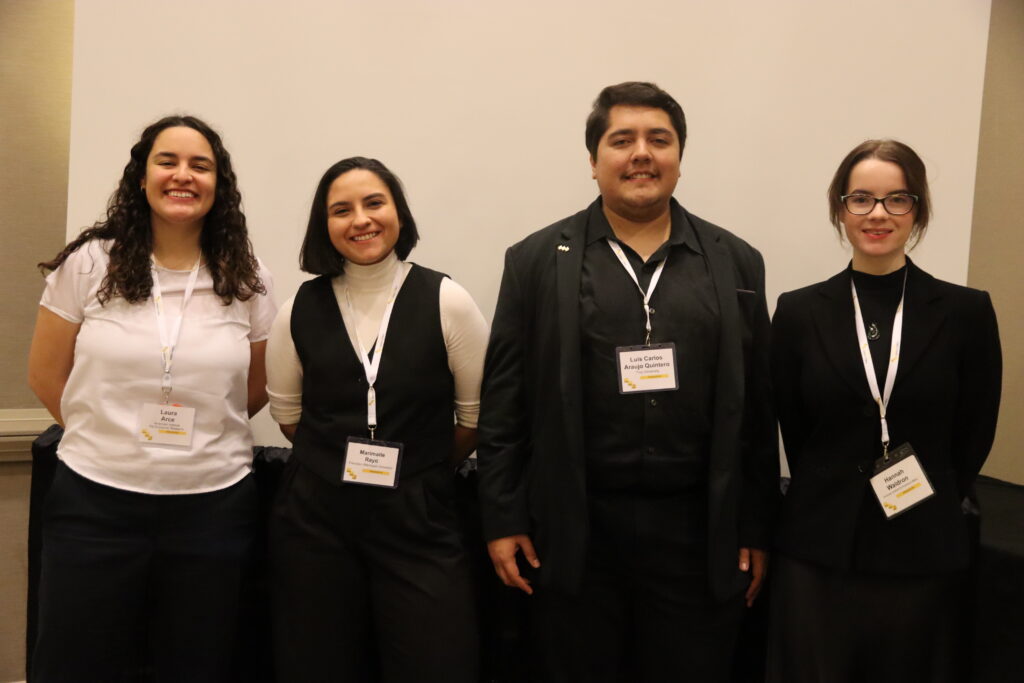
Attending the Public Choice Society conference allowed me to network with scholars and professionals who share my passion for economics and research. Engaging in discussion with them allowed me to broaden my own perspectives on global and American issues, as well as to think more critically about the implications of economic theories for the modern challenges we all face. I look forward to applying what I’ve learned in my academic life, and I am also eager to explore its practical applications – particularly in the realms of not-for-profits and social impact, where I am enthusiastic about potential growth opportunities. Public choice theory offers valuable insights into how institutions, incentives and governance structures shape decision-making, and I’m excited to bridge these theoretical frameworks with the challenges I have seen in real-life.


